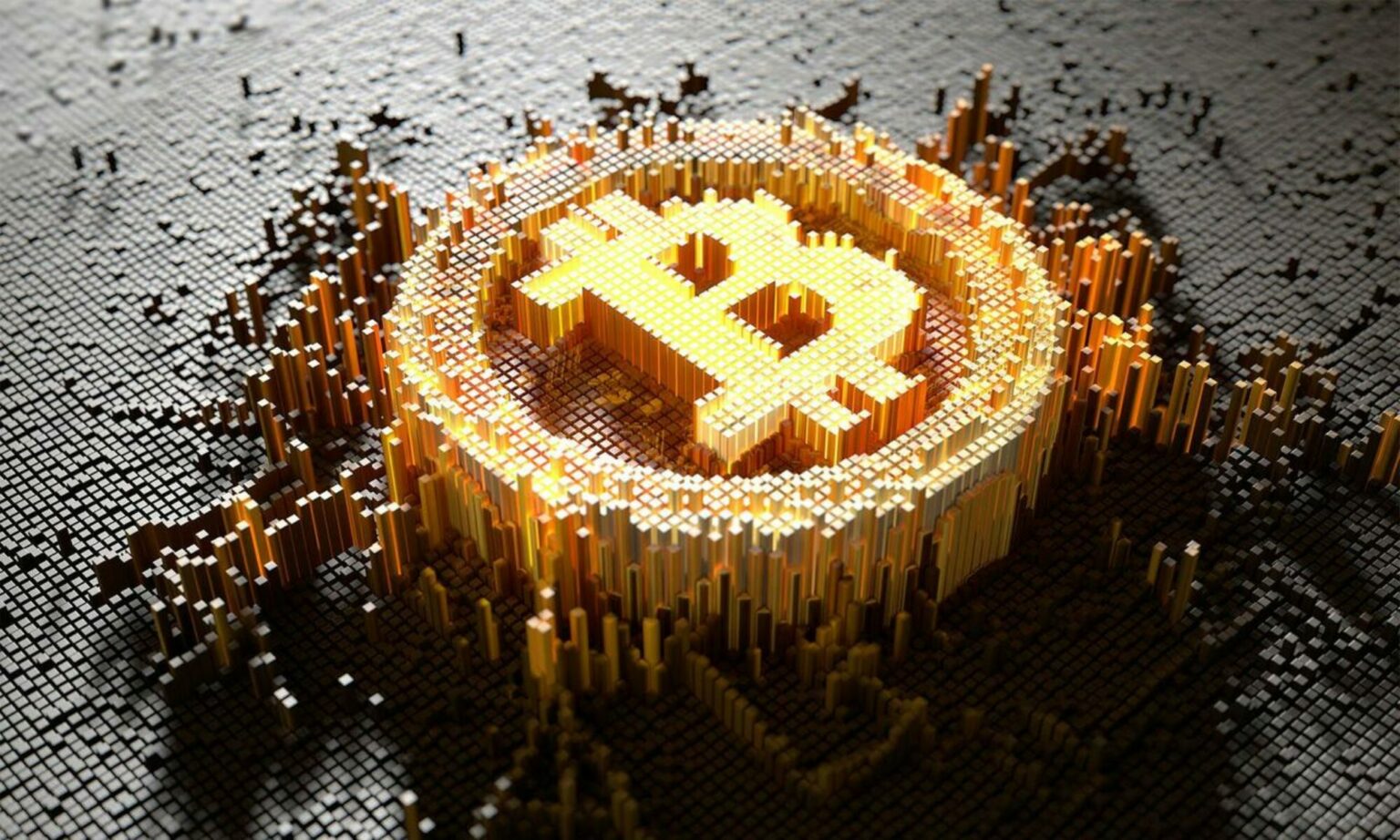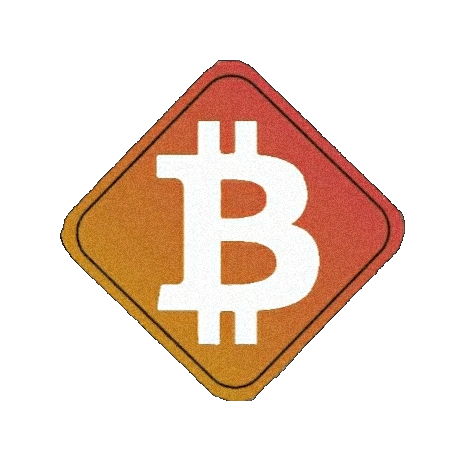Analysis of Bitcoin’s proof-of-work and the Lightning Network exposes the banking system as energy-hungry, demonstrating that Bitcoin is better for the planet.
To download the report 👇

June 16, 2022 by Joseph Hall
Fresh figures on Bitcoin’s (BTC) energy consumption, efficiency and scalability serve to expose the banking sector while bathing the world’s largest cryptocurrency in a new light.
A research report published by Michel Khazzaka, an IT engineer, cryptographer and consultant, calculates that Bitcoin payments are a “million times more efficient” than the legacy financial system. Plus, the banking sector “uses 56 times more energy than Bitcoin.”
The report compiles almost four years of research and suggests a new calculation for estimating Bitcoin’s proof-of-work energy consumption. In an interview, Khazzaka told Cointelegraph:
“Bitcoin Lightning, and Bitcoin, in general, are really great and very efficient technological solutions that deserve to be adopted on a large scale. This invention is brilliant enough, efficient enough, and powerful enough to get mass adoption.”
Khazzaka, who founded payments consultancy Valuechain in late 2021, proposes an alternative to the energy estimates provided by Cambridge Bitcoin Electricity Consumption Index (CBECI). The index, often cited by Cointelegraph, estimates that Bitcoin consumes roughly 122 TW/H per year.
Taking into account the average lifespan of Bitcoin mining machines as well as the rate at which new IT materials are created, Khazzaka suggests that Bitcoin consumes 88.95 TWh per year, considerably less than Cambridge’s estimate.
Graph to show total count of mining units over time over 160 months. Source: Khazzaka report
A payments specialist who wrote his dissertation about cryptography in 2003, and discovered Bitcoin in 2011, Khazzaka also puts the banking sector under the microscope to effectively compare the two monetary systems. Khazzaka told Cointelegraph he “really underestimates every aspect of the banking sector,” and contrary to critics, his report is “biased to the banking system.”
Nonetheless, taking into account the creation of money, transporting money, physical banking infrastructure energy consumption, etc, he arrives at a figure of 4,981 TWh. Rounded up, 5,000 TWh is consumed by the “classical payments” sector every year. Consequently, banking uses 56 times more energy than Bitcoin.
The report examines transaction efficiency revealing that currently, “at current block size and if the blocks are filled to their maximum capacity ηmax = 5.7× better energy efficiency than the classical system.” However, that’s without taking into account the Lightning Network. In the interview, Khazzaka explained:
“Lightning will allow the bitcoin protocol to do more transactions without consuming more energy. And this is magic.”
The report concludes that the combination of Bitcoin and the Lightning Network allows Bitcoin to become “194 million” times more energy efficient than a classical payment system.
For Khazzaka, the report lays bare that the “Banking and payments industry needs to adopt blockchain and maybe even Bitcoin.” While Khazzaka’s conclusion may come as a surprise to the cypherpunks and anarchocapitalists who favor the crypto space, Khazzaka believes that Bitcoin could actually benefit banking:
Although Bitcoin’s energy use is frequently critiqued, the investigation into the banking sector will come as welcome news to many.


